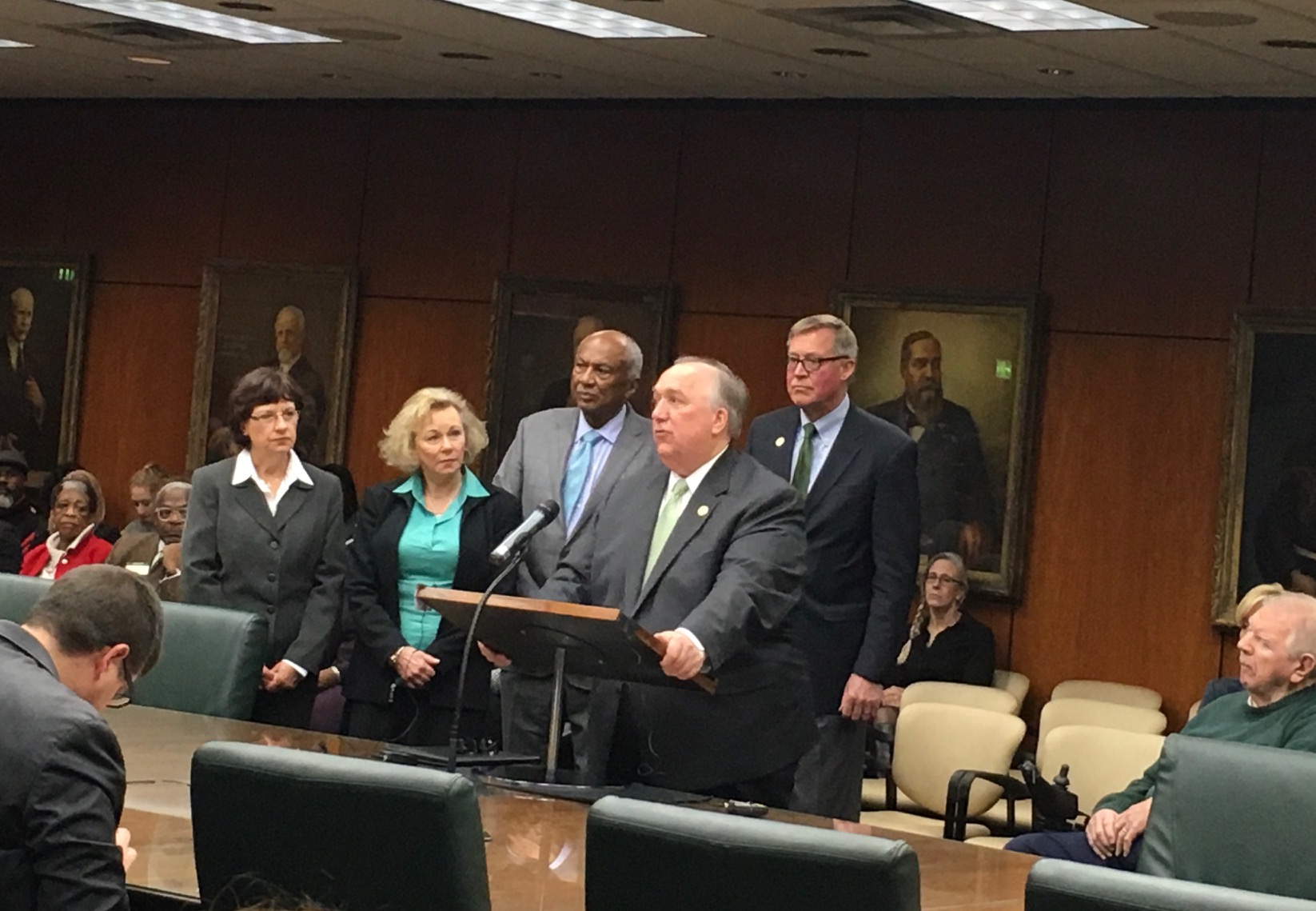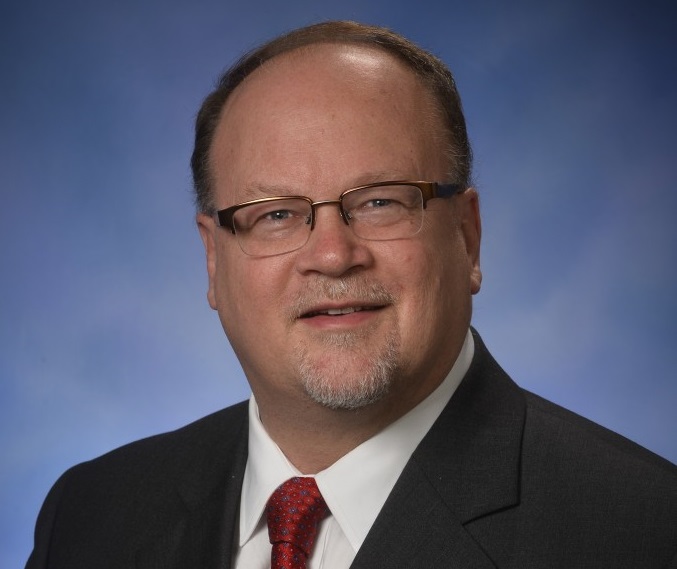Is It Time to Change the Way Michigan Selects University Boards?
Should the governor appoint members of university governing boards? Should they be elected by district?


Michigan’s three largest universities are governed by elected boards. Trustees at Michigan State University, regents at the University of Michigan, and governors at Wayne State University are all chosen by voters in statewide elections.
Now, in the wake of the Larry Nassar sexual abuse scandal at MSU and the resulting fallout at the university, conversations are swirling about that governance structure.
Is this the right way to run a university? And did that model contribute to the sexual abuse of hundreds of women and girls?
There are now multiple proposals in the state Legislature to change the way those boards are selected.
Detroit Today producer Jake Neher recently spoke with state Rep. Jim Runestad (R-White Lake) about his proposal to overhaul university governance in Michigan, which would elect board members by district. He says he think his proposal would have prevented or stopped a situation like the Nassar scandal.
“The trustees would be more receptive to what the voters are wanting from them,” says Runestad. “When it’s such a massive money game to try to win a statewide election…very few people enter into that arena simply because it seems to be an anointing from the top that these individuals have political pull to get the anointing, then they get the almost-automatic nod into these positions.”

“I would much rather have them go out in a district and account for their behavior,” he says.
Detroit Today host Stephen Henderson speaks with Eric Kelderman with the Chronicle of Higher Education about how other states structure their governance of public research universities.
Kelderman is a senior reporter who covers state policy and the future of public higher education and accreditation.
“There are just three other states (besides Michigan) that elect members of their governing boards,” says Kelderman.
“In most states…a governor or some members of the state legislature have some say in appointing those boards.”
“In terms of accountability, appointed boards still have issues with the same dynamic, really,” he continues. “It’s not always so easy to say we’ve got an appointed board and when they goof or when they screw up the governor can just throw them out, that’s not really how it works in most cases.”
These conversations about governance structure are swirling amid a looming faculty vote of no confidence in Michigan State University’s Board of Trustees. Over the weekend, an overwhelming majority of faculty members who belong to MSU’s Academic Congress voted in favor of holding the vote — close to 87 percent according to the Lansing State Journal.
Henderson speaks with Anna Pegler-Gordon, associate professor at the James Madison College at Michigan State University and a member of the MSU Faculty Senate, about that likely vote.
“The main reason (for the vote) is that the handling of the Larry Nassar scandal, the sexual assault crisis that we’re facing on campus, was extremely poor by the board,” says Pegler-Gordon. “The Board of Trustees was really responsible for fighting the young women who came forward with legal actions and they claimed that this was a normal legal procedure. But this is not normal. This is the largest sexual assault case in U.S. history, the largest crisis in MSU history.”
Click on the audio player above to hear the full conversation.

